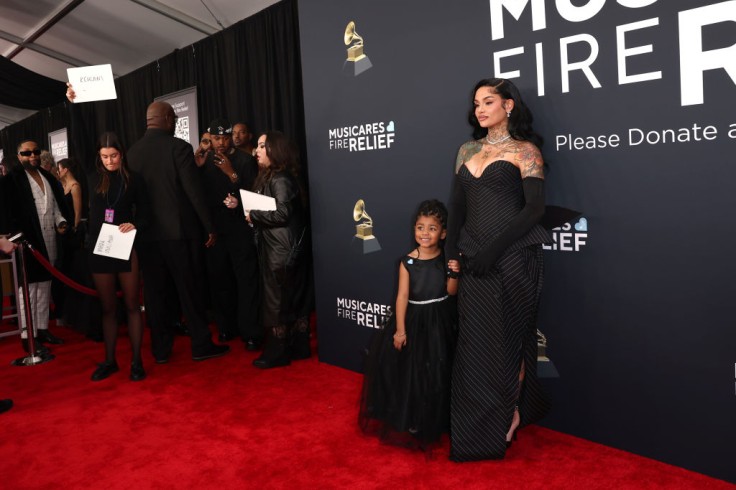Cornell University Cancels Kehlani's Slope Day Performance Over Antisemitic Controversy
By
Cornell University has canceled a scheduled performance by R&B star Kehlani at its annual Slope Day festival on May 7, 2025, following backlash over her alleged antisemitic and anti-Israel statements. The decision, announced by President Michael Kotlikoff on April 23, 2025, has ignited discussions about free speech, campus inclusivity, and the role of universities in navigating politically charged controversies.
Kehlani, known for hits like "Gangsta" and "After Hours," was selected as the first female headliner in 16 years for Slope Day, a Cornell tradition celebrating the end of the academic year. However, her announcement on April 11 sparked immediate outcry, particularly from Jewish student groups and organizations like StopAntisemitism. Critics pointed to her music video for "Next 2 U," which includes the phrase "long live the intifada" and features Palestinian flags, as well as social media posts where she called Zionists "scum of the earth" and criticized Israel. The term "intifada," meaning "uprising" in Arabic, is viewed by some as a call for violence against Jews.
Kotlikoff, in an open letter to the Cornell community, explained the cancellation: "In the days since Kehlani was announced, I have heard grave concerns from our community that many are angry, hurt, and confused that Slope Day would feature a performer who has espoused antisemitic, anti-Israel sentiments in performances, videos, and on social media." He added, "While any artist has the right in our country to express hateful views, Slope Day is about uniting our community, not dividing it."
The decision followed intense pressure from groups like Cornellians for Israel, who launched a petition and GoFundMe threatening to boycott the event and demanded a refund of the $384 student activity fee that partially funds Slope Day. Amanda Silberstein, a junior and president of Chabad Cornell, criticized the initial selection, stating, "By inviting someone with such a deeply troubling history of antisemitism to headline one of our most high-profile campus events, Cornell is sending a message that Jewish safety and wellbeing are negotiable."
Initially, Kotlikoff told the Cornell Student Assembly it was "too late" to replace Kehlani, citing logistical challenges. However, after meeting with about 70 students, primarily from Jewish Greek life and pro-Israel groups, he reversed course. "The selection of Kehlani as this year's headliner has injected division and discord into Slope Day," he wrote, announcing plans for a new 2025 lineup.
The cancellation reflects broader tensions at Cornell, which is among many U.S. universities navigating the fallout from the war in Gaza. The university is also facing a Trump administration investigation, with over $1 billion in federal funding frozen amid allegations of civil rights violations related to campus antisemitism. This probe, coupled with recent lawsuits from Cornell and other institutions against federal funding cuts, underscores the high stakes of such decisions.
Kehlani has previously acknowledged losing brand deals and performance opportunities due to her pro-Palestinian stance, calling on other artists to support the cause.
The controversy raises questions about balancing free speech with campus inclusivity. Kotlikoff's meetings with Jewish students suggest a prioritization of their concerns, but critics argue this risks alienating others who view Kehlani's views as legitimate political expression. The university's anti-discrimination policies, which prohibit political expression during concerts, were cited as a condition Kehlani would have had to follow, though her cancellation preempted this.
As Cornell searches for a new Slope Day headliner, the incident highlights the delicate balance universities face in fostering unity amid divisive global issues. With no replacement performer yet announced, the campus braces for further debate over how to celebrate its traditions without deepening divisions.
© 2025 University Herald, All rights reserved. Do not reproduce without permission.








